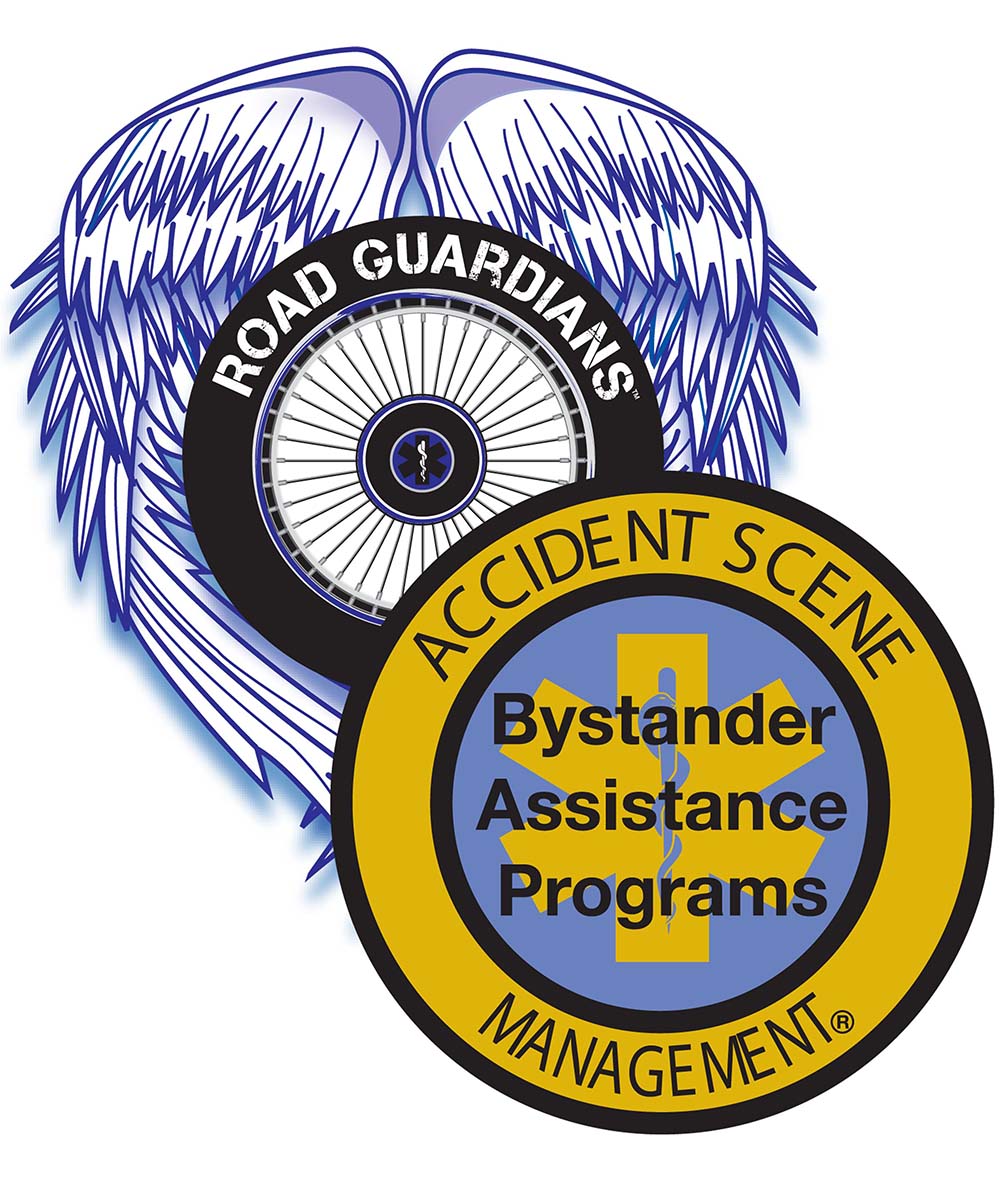Accident Scene Management / Road Guardians
Login |
(262) 706-3278
0
You have 0 items in your cart
Emergency Response:
Sections 537.037, RSMo, (1988) of the Missouri Statutes is commonly referred to as the “Good Samaritan Law.”
This legislation applies to physicians, surgeons, registered professional nurses, licensed practical nurses, and licensed mobile emergency medical technicians in situations when aid is given in an emergency or accident and occur outside of a health care setting.
When any of the above health care providers render, in good faith, emergency care or assistance at the scene of an emergency or accident, no liability may be imposed for any civil damages arising from acts or omissions in rendering such emergency care. There is no protection, however, for gross negligence or willful or wanton acts or omissions.
Thus, it should be noted that this legislation is only applicable if the care is rendered without compensation.
This law further protects the rendering of emergency care or assistance to any minor involved in any accident, injured in competitive sports, or affected by any other emergency at the scene of an accident without first obtaining the consent of a parent or guardian. Again, there is no protection from civil liability for gross negligence or willful or wanton acts or omissions.
Automatic External Defibrillator:
House Bill 1668 (1998)
A person or entity who acquires an AED shall ensure that:
Any person or entity that acquires and AED must notify the emergency communications district or the ambulance dispatch center of the primary provider of emergency medical services where the AED is to be located.
Any person who has had appropriate training, including a course in CPR, has demonstrated a proficiency in the use of an AED, and who gratuitously and in good faith renders emergency care when medically appropriate by use or provision of an AED, without objection of the victim or victims, shall not be held liable for any civil damages as a result of such care or treatment, where the person acts as an ordinarily reasonable, prudent person.
Any county, municipality, or fire protection district may establish a program to allow the use of AEDs by any person properly qualified who follows medical protocol for use of the device or member of a fire, police, ambulance service, emergency medical response agency, or first responder agency provided that such person has completed a course certified by the American Red Cross or American Heart Association that included CPR training and demonstrated proficiency in the use of AEDs.
http://health.mo.gov/living/lpha/phnursing/goodsamaritan.php
